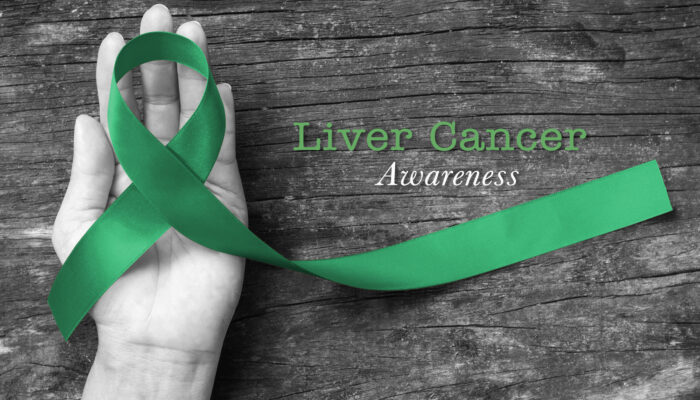
Hyperthyroidism: causes and symptoms you should know about
Hyperthyroidism is a condition that affects the thyroid gland, a small gland positioned at the bottom of the neck.
The primary function of this gland is the production of two thyroid hormones: tetraiodothyronine (T4) and triiodothyronine (T3). These two hormones play a vital role as they help the body cells use energy. These glands control the metabolism by regulating the release of these hormones.
Hyperthyroidism occurs when the body starts producing a large quantity of T3 or T4 hormones. The condition can cause a variety of agonizing symptoms. You must consult your doctor and devise effective ways to reduce the symptoms and prevent further complications.
Causes of Hyperthyroidism
There are several factors that can lead to this condition. The most common cause is Graves’ disease. It is an autoimmune disease that prompts the antibodies to stimulate the thyroid gland to produce too many hormones. The troubling ailment is more common in women than in men. Many times, it is genetically passed. Therefore, if any of your family members suffer from this condition, it is best to talk to your doctor.
Some other causes of hyperthyroidism include:
- Development of tumor in the ovaries or testes.
- Large amounts of T4 hormones consumed through dietary supplements.
- Benign tumors of the thyroid or pituitary gland.
- An inflammation of the thyroid gland that results in a leakage of T3 and T4 hormones into the bloodstream.
- Excess consumption of iodine, which is a key component of T3 and T4.
Symptoms of Hyperthyroidism
Often the signs and symptoms of hyperthyroidism are mistaken for other diseases, which make it difficult to diagnose the condition.
Some of the most common symptoms include:
- Unexpected weight loss, even though you are consuming the same amount of food
- Irregular heartbeat
- Fast heartbeat, i.e. normally more than 100 beats per minute
- Palpitations or pounding of the heart
- Anxiety, nervousness, and restlessness
- Increased appetite
- Excessive sweating
- Changes in the pattern of one’s menstrual cycle
- Feeling numbness or sudden tremors in the hands and fingers
- Changes in bowel patterns
- Increased sensitivity to heat
- Development of goiter, which is characterized by an enlargement of the thyroid gland
- Difficulty in sleeping
- Excessive fatigue
- Thinning of skin
- Brittle hair
Elders are more likely to exhibit a milder form of these symptoms. The signs that mostly manifest include increased heartbeat, fatigue, and heat intolerance.
Graves’ Ophthalmology
Sometimes, hyperthyroidism can lead to a condition known as Graves’ ophthalmology. This condition causes the tissues and muscles behind the eyes to swell, leading the eyeballs to become protruded.
Common symptoms of this include:
- Dry, red and swollen eyes
- Itching and discomfort in one or both eyes
- Sensitivity to light
- Blurred vision
- Protruding eyeballs
If you experience any of these symptoms, especially unexplained weight loss, sweating or rapid heartbeat, you must immediately see a doctor. He will help you diagnose your condition effectively and start treatments.



